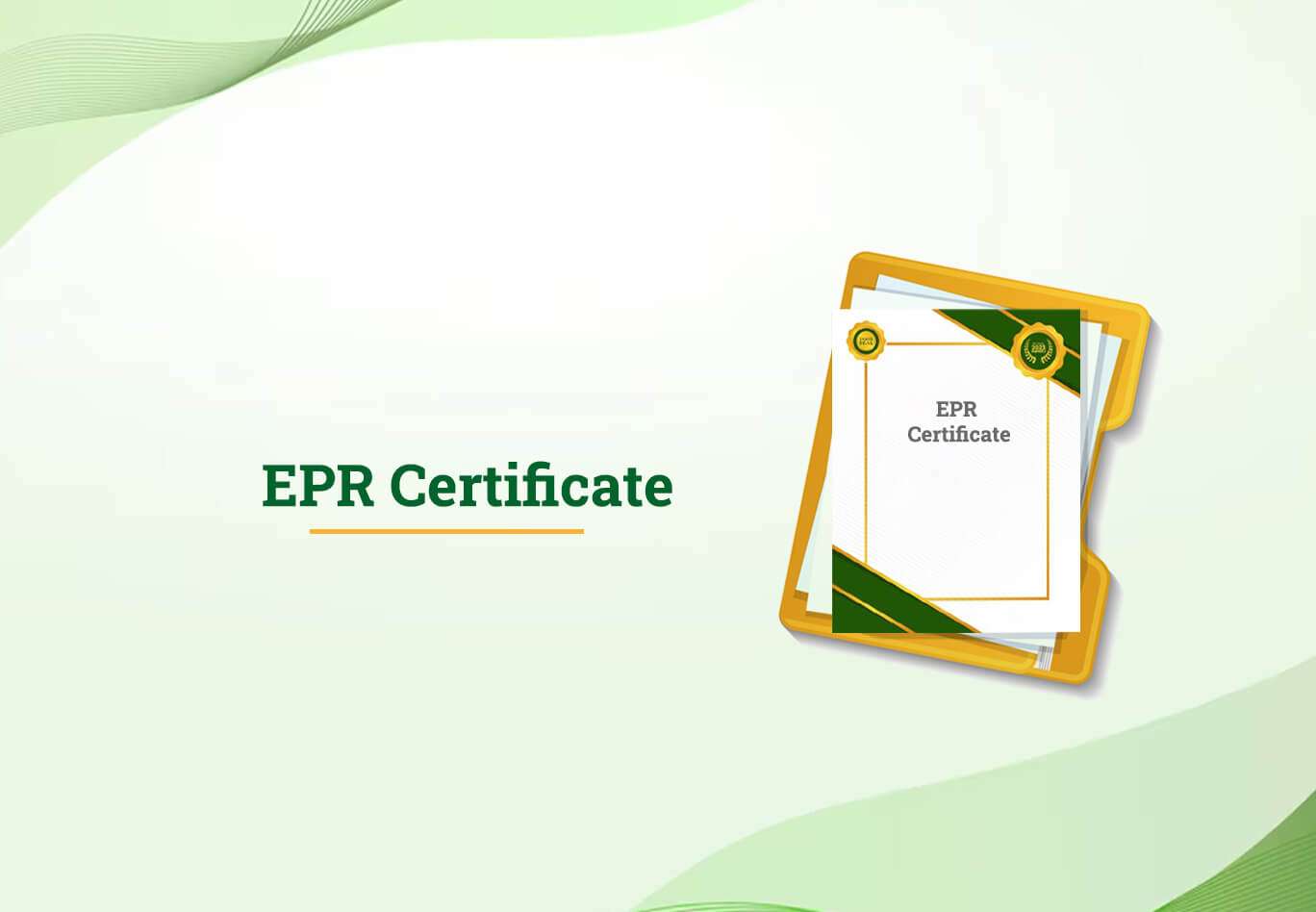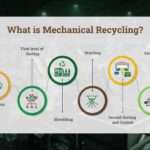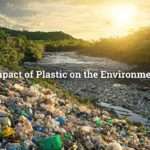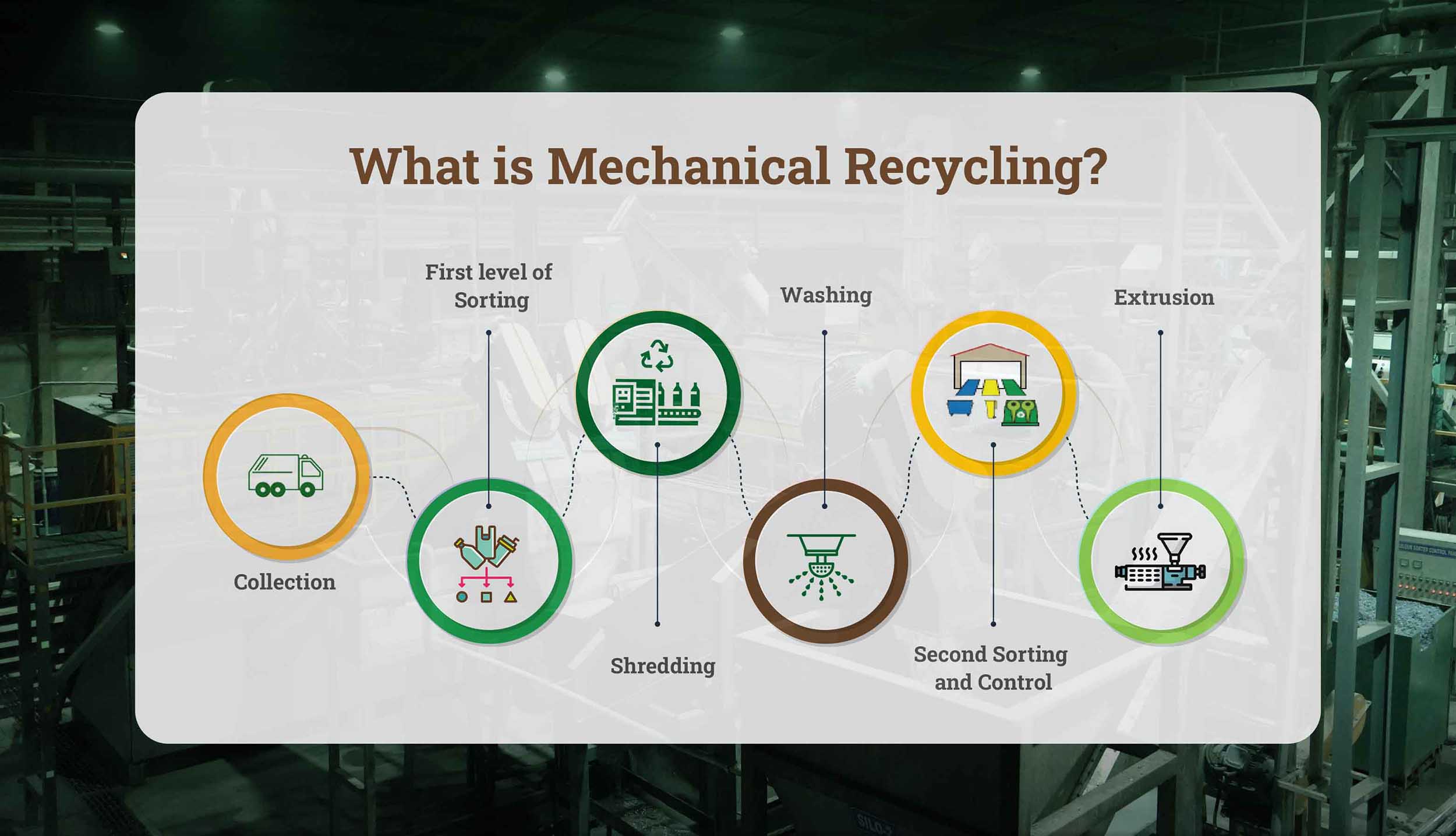A question commonly asked in the environmental sector is What is EPR certificate? Environmental sustainability has in recent years emerged as a critical business priority worldwide. An important tool in this effort has come out to be the Extended Producer Responsibility certificate. This serves as an important official recognition that companies who actively manage the environmental impact of their products through the end of their lifecycle receive. This essentially establishes that a company is taking accountability of the entire life cycle of their products.
What is EPR certificate ?
The EPR certificate is a certificate that symbolizes a company’s compliance with specific guidelines regarding plastic waste generation and its recycling through the EPR registration certificate. This EPR registration certificate helps businesses demonstrate that they are committed to reducing waste and to promoting a green and sustainable practice. The importance in an age where consumers are increasingly concerned about the environmental impact of their products and purchases is highlighted.
The framework for EPR is created so that companies make sure to incorporate the effective waste management practices through the EPR registration certificate into their operations and reduce the burden they have on the municipal waste systems. This can involve setting up safe systems for recycling and safe disposal and product take-back. In India, the brand owners of products play a huge role in contributing significantly to waste such as plastic packaging. Electronic goods and hazardous materials. The importers and producers of these products must demonstrate their compliance and commitment to the EPR regulations and contribute to the broader goals of reducing environmental impacts and fostering a circular economy through the EPR registration certificate.
How does an EPR certification work ?
The concept of EPR or Extended Producer Responsibility showcases a fundamental shift in the sector of environmental and waste management. It passes the responsibility for waste management from the municipalities back to the producers themselves. The certificate also acts as a formal acknowledgment that the company is committed to managing the lifecycle of its products responsibly.
EPR also mandates that producers take responsibility for their products from the design through to the disposal and recycling. This pushes companies to consider the environmental impacts at each and every step and promote the design of products that are easier to recycle or dispose of responsibility.
Key Components of the EPR processes
-
Registration and Compliance: In order for companies to receive the EPR certification they must first register with the relevant regulatory bodies. This requires companies to provide detailed information about the types of the products they manufacture and the expected waste generation that they associate with. The companies must also demonstrate their compliance with the international and the local environmental regulations.
- Waste Management Plans : A Comprehensive waste management plan Is required to be developed by companies that incorporate collection recycling or safe disposal of all their products after consumer usage. This helps the companies have a well defined strategy to manage their waste effectively and responsibly.
- Reporting and Monitoring: For compliance, companies are required to keep up with the regular reporting of waste management efforts. The data on the quantities of products sold, the waste that is collected and recycling rates are to be disclosed to the regulatory authorities.
- Financial Contributions: Producers are required to make financial contributions towards the effective waste management and recycling infrastructure as part of the many EPR programs.
- Stakeholder Engagement: Collaboration with various stakeholders including consumers, suppliers and waste management organizations in order to go through with a successful EPR strategy. A collective commitment is fostered by engaging these groups to ensure the effectiveness of the recycling initiatives.
Benefits of EPR Certificate
There are numerous benefits for companies in participating in EPR programs and obtaining certification. The key benefits of EPR Certificate for import are initially valuable insights are provided into their product cycles by meeting legal obligations. Companies will be capable of driving innovation in improvement of operational efficiency and brand reputation enhancement among environmentally conscious consumers by adopting a holistic approach to product management.
To consumers an EPR certificate for import signifies that a company is dedicated to fostering brand loyalty and environmental stewardship. In addition to this , the effective waste management strategies can lead to cost savings and improved resource efficiency.
Conclusion
An EPR Certificates embodies a company’s dedication to responsible product and sustainable practices. Businesses can significantly mitigate their environmental impact by understanding the intricacies of EPR and actively engaging in these programs. The benefits of enhanced operational efficiency and brand loyalty can also be enjoyed in an increasingly eco-conscious marketplace.
Embracing the EPR principle will be better positioned to thrive, as global awareness of environmental issues continues to grow. Obtaining an EPR certificate is a crucial step in that direction in the future of business. Businesses can play a pivotal role in promoting a healthier planet while ensuring their long-term success by taking responsibility of their products.
Let's Embrace EPR to Support a Ciruclar Economy
As businesses shift from a linear to a circular economy, Extended Producer Responsibility.


 What Are Plastic Granules? Meaning, Types, and Uses
What Are Plastic Granules? Meaning, Types, and Uses What is Thermoplastic? Examples & Key Benefits
What is Thermoplastic? Examples & Key Benefits What is Mechanical Recycling? Steps, Benefits & Challenges
What is Mechanical Recycling? Steps, Benefits & Challenges What is Rigid Packaging Its benefits, and Examples
What is Rigid Packaging Its benefits, and Examples What is the Impact of Plastic on the Environment?
What is the Impact of Plastic on the Environment? 


